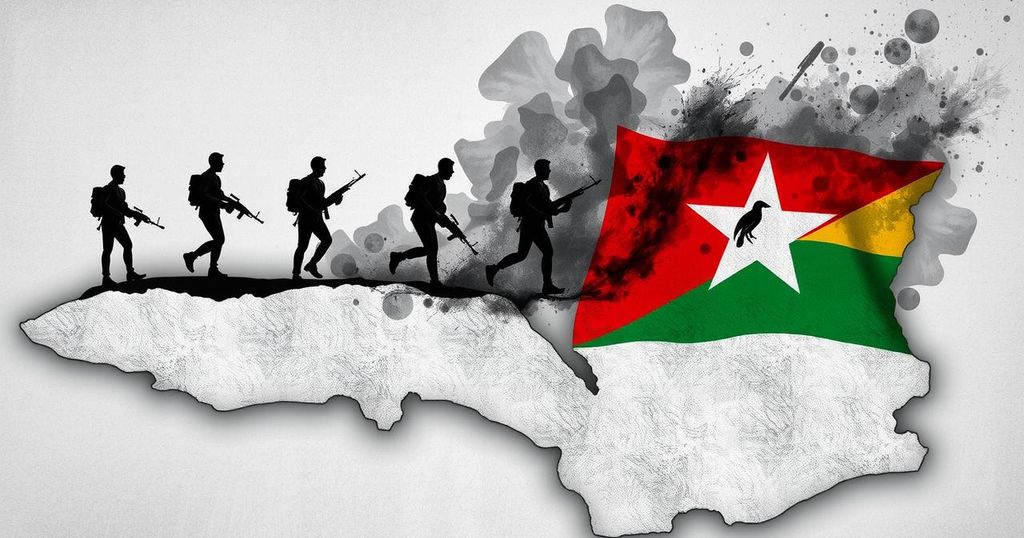Escalating Unrest in Mozambique: An Overview of the Ongoing Crisis
Mozambique is facing severe unrest following disputed presidential election results, with over 250 fatalities reported amidst violent protests against the ruling party, Frelimo. The situation escalated after the Supreme Court upheld the contested election outcome, leading to a declaration of victory by the opposition leader and calls for nationwide shutdowns. Human rights advocates describe the unrest as a social revolt rather than mere protests, underscoring the gravity of the crisis.
Mozambique stands at a critical juncture, grappling with unprecedented election-related violence since the end of its civil war three decades ago. As of December 23, following the affirmation of disputed presidential election results by the Supreme Court, unrest has intensified throughout the country. Civil society reports indicate that approximately 252 lives have been lost as citizens protest against perceived electoral fraud attributed to the ruling party, Frelimo. The political landscape is further complicated by the opposition leader’s declaration of victory and a call for national shutdowns, fostering an environment where protests have escalated into violent confrontations with law enforcement. With streets filled with burning tires, looted properties, and makeshift roadblocks, human rights activist Cídia Chissungo has remarked on the severity of the situation, describing it as more than mere protests, but rather a complete social revolt.
The ongoing turmoil in Mozambique is reminiscent of the country’s turbulent past, particularly the civil war that lasted from 1977 to 1992. The recent unrest was triggered by the aftermath of an October presidential election which many consider fraudulent due to the allegations of vote rigging by the ruling party, Frelimo. The situation has escalated dramatically, with the recent Supreme Court ruling further inflaming public outrage and resulting in widespread protests and violent clashes, raising significant concern both domestically and internationally.
The situation in Mozambique remains precarious, with significant implications for both regional stability and international relations. As protests continue, addressing the grievances over electoral integrity will be crucial to restoring peace and governance in the nation. The international community is urged to monitor developments closely and engage in diplomatic efforts to mitigate the ongoing crisis and support the Mozambican populace in their quest for justice and representation.
Original Source: www.nytimes.com




Post Comment